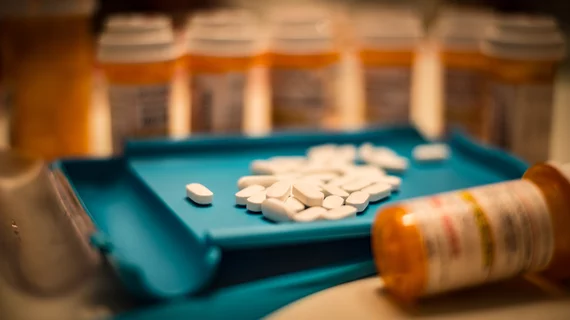Will blockchain answer the pharmaceutical industry’s prayers?
According to the Drug Supply Chain and Security Act (DSCSA), a system must be in place by 2023 that tracks legal changes of ownership of prescription drugs as they move through the supply chain. Blockchain, one of the hottest trends in modern technology, may be how the pharmaceutical industry achieves this substantial goal.
The MediLedger Project, a working group of 24 leaders from throughout the industry, has submitted a report to the FDA that promotes the use of blockchain for developing “an interoperable, confidential change of ownership system in the U.S. pharmaceutical supply chain.”
MediLedger is a blockchain company itself, the developer of the MediLedger Network, and was chosen by the FDA to propose a possible way to meet the DSCSA requirements. The MediLedger Network is a blockchain-powered network designed specifically with the pharmaceutical industry’s needs in mind. It is already being used commercially in the United States.
The working group behind the final report included representatives from Walmart, Walgreens, McKesson, Pfizer, FedEx, AmerisourceBergen and a variety of other stakeholders.
“What we were able to demonstrate … was the power of a connected network of authorized trading partners, including those without direct business relationships,” Matt Sample, vice president of manufacturing operations at AmerisourceBergen, said in a prepared statement. “The use of blockchain enabled a shared ‘phone book’ of authorized trading partners, locations, and connection points that enabled that network. Whether blockchain is or is not part of the 2023 landscape, we hope this pilot at least demonstrated the viability of blockchain in the pharma industry and the industry can learn from the use cases evaluated.”
More information on the MediLedger Project’s final report to the FDA is available on the company’s website.

